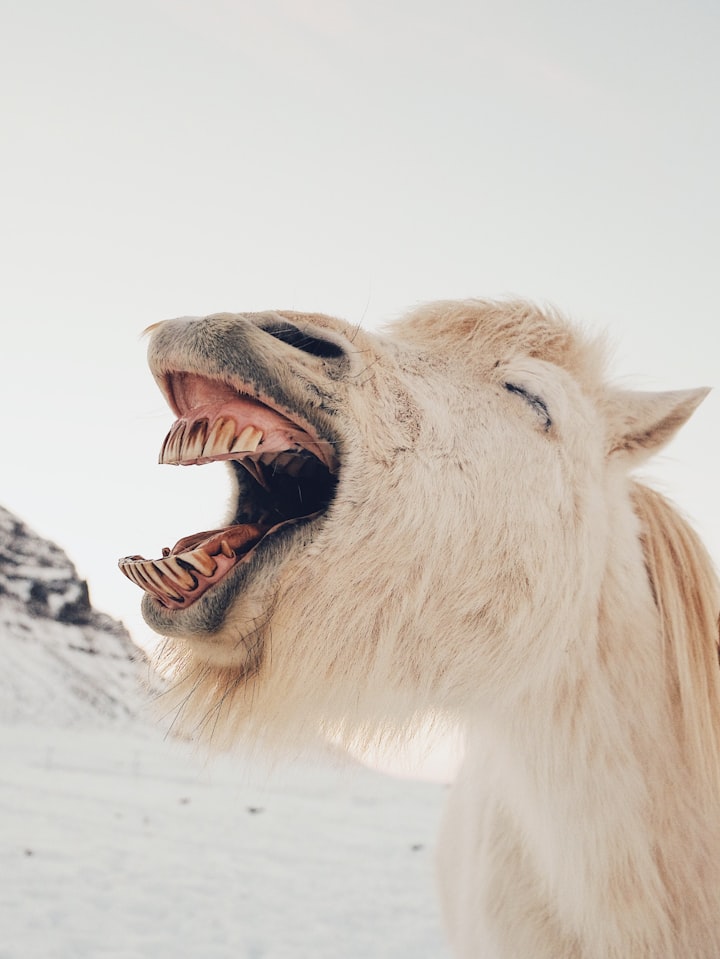
There are several species of animals that have the ability to regenerate or regenerate their cells, which allows them to repair damaged tissue and regenerate lost body parts. These animals are not immortal, as all living organisms have a finite lifespan and will eventually die. Here is a brief overview of some animals that have the ability to regenerate or regenerate their cells:
1) Hydra: Hydra is a small, freshwater invertebrate that belongs to the phylum Cnidaria, which also includes jellyfish and coral. Hydra is known for its ability to regenerate its cells, which allows it to regenerate damaged tissue and regenerate lost body parts. This ability is due to the presence of stem cells in its body, which are capable of dividing and differentiating into different cell types.
2) Zebrafish: Zebrafish are small, tropical fish that are native to South Asia. They are known for their ability to regenerate their cells, which allows them to regenerate damaged tissue and regenerate lost body parts, such as fins and heart tissue. This ability is due to the presence of stem cells in their bodies, which are capable of dividing and differentiating into different cell types.
3) Salamanders: Salamanders are small, amphibious animals that are found in many parts of the world. They are known for their ability to regenerate their cells, which allows them to regenerate damaged tissue and regenerate lost body parts, such as limbs and spinal cord tissue. This ability is due to the presence of stem cells in their bodies, which are capable of dividing and differentiating into different cell types.
4) Starfish: Starfish, also known as sea stars, are marine invertebrates that are found in every ocean on Earth. They are known for their ability to regenerate their cells, which allows them to regenerate damaged tissue and regenerate lost body parts, such as arms and legs.
This ability is due to the presence of stem cells in their bodies, which are capable of dividing and differentiating into different cell types. Starfish are also able to regenerate their cells through the process of fission, in which they can split their body into multiple pieces and regenerate each piece into a new individual.
5) Planarian flatworms: Planarian flatworms are small, aquatic invertebrates that are found in many parts of the world. They are known for their ability to regenerate their cells, which allows them to regenerate damaged tissue and regenerate lost body parts, such as heads and tails. This ability is due to the presence of stem cells in their bodies, which are capable of dividing and differentiating into different cell types.
These animals have unique biological characteristics that allow them to regenerate or regenerate their cells, which allows them to survive and thrive in their environments. However, it is important to note that these animals are not immortal and will eventually die, just like all living organisms. Their ability to regenerate or regenerate their cells is a remarkable adaptation that allows them to survive and thrive in their environments, but it does not make them immortal.
In conclusion, there are several species of animals that have the ability to regenerate or regenerate their cells, which allows them to repair damaged tissue and regenerate lost body parts. While these animals may seem to "cheat death" in some ways, it is important to remember that they are not immortal and will eventually die, just like all living organisms. Their ability to regenerate or regenerate their cells is a unique and remarkable adaptation that allows them to survive and thrive in their environments, but it does not make them immortal {They Cheat Death} .
About the Creator
Sukuna
Hii There






Comments
There are no comments for this story
Be the first to respond and start the conversation.